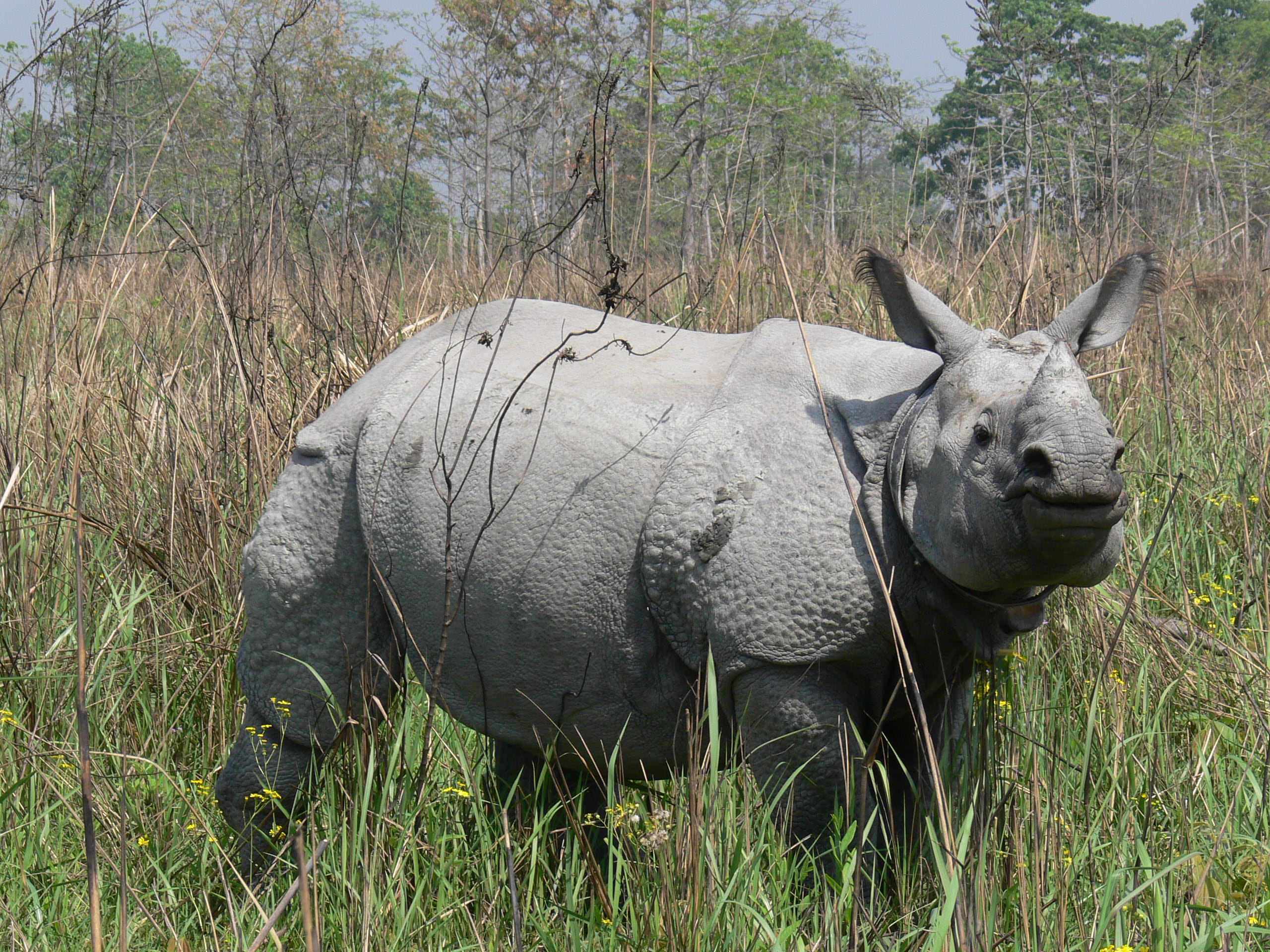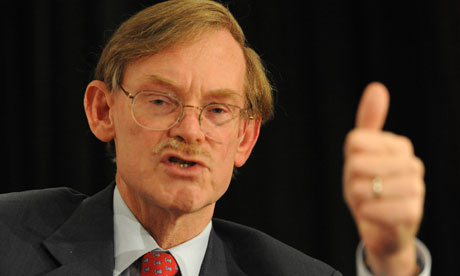By Vivek Menon, Executive Director WTI, author,
environmental commentator and an optimist
Fighting wildlife crime is the new flavour of the month. Not only among wildlife conservationists but also among those who matter politically. I was in New York last week at two events that highlighted the growing global concern on wildlife crime. The first was a magnificent do hosted by the Clintons through their Clinton Global Initiative. Among the many commitments that were made at the Sheraton during their four day annual meet, the fight against poachers of wildlife and illegal traders of ivory and rhino horn took the meeting by storm. IFAW was up there, in the form of Azzedine Downes, who along with WCS, WWF and a few other NGOs groups committed to contributing several million dollars for the fight against wildlife crime.

Several organisations have committed to contributing several
million dollars for the fight against wildlife crime. Photo by Rathin Barman
The money committed was good but was not the whole point for me. We have seen many commitments on the tiger front too, nothing exemplifying it more than the millions that were pledged at Saint Petersburg during the Global Tiger Initiative exercise. Most of that, and perhaps much of this commitment, was old money – budgets that NGOs and agencies were anyway committed to expending. New calculations can turn tiger money into elephant money, habitat money into crime fighting money. Also in the tiger exercise, what the World Bank brought to the table in the form of money were largely soft loans, not donations. This meant that many countries were unable or unwilling to utilise them for the tiger. What the World Bank then said through its president Bob Zoellick was that the convening power of the Bank was what it really brought to the table. Now that, is an interesting thought. Putin and Bob Zoellick together did manage to get 6 heads of state and half a dozen ministers together in a room. Later meets and the work of the GTI also raised the issue at fora that normally would never think of discussing the striped cat.

World Bank president Bob Zoellick said that the convening power
of the Bank was what it really brought to the table. Photo by AFP
The Clintons took that one step forward last week. With Chelsea in tow, Bill and Hillary led half a dozen African heads of state up the stage. Bill Gates was in attendance, as was Bono. I bumped into Jesse James at my Starbucks corner. The glitterati and moneybags were all in the room when the commitment was announced. Now, how many of them took the message home or in their hearts is a matter of guesswork. But even if a fraction of them thought that the issue was critical and that the blood of elephants, rhinos and tigers should not be spilt in vain, for the fleeting embellishments that we tend to adorn our lives with, then the convening power of the Clintons would have done its job.
Next day, at the United Nations, two unlikely allies, the European monetary behemoth Germany and the aspiring Central African forest nation Gabon held a side event. The President of Gabon, a visionary, Ali Bongo Ondimba, chaired. John Scanlon, CITES Secretary General, led a discussion that included the President, the Foreign Minister of Germany and a UN deputy Secretary General. From the floor, the President of Tanzania, Jakaya Kikwete, and the Foreign Minister of the UK, William Hague, intervened. Let’s crack down on illegal ivory trade, they said. Let’s wipe out rhino poaching, they exhorted. Meanwhile, a lady journalist leant on the wall inadvertently plunging the United Nations room into darkness as she leant on a light switch. “I hope that is not the handiwork of the poachers” quipped President Kikwete as he was half way into his address when the bloop happened.
Bonhomie and backslapping apart, the two events were significant. It was the very first time that the UN General Assembly was discussing wildlife crime. It was the very first time that a southern African coalition head of state from Tanzania was hinting that all was not well and an ivory moratorium could be the answer. For years, India has held the stance that international trade in wildlife products was an economic means being adopted by nations that held a great threat to the species in the wild. Meeting after meeting India has opposed the trade in ivory and tiger parts and rhino horns. It is only now that the global community seems to be coming together to support the view. How this will translate into political will in Africa, I am not sure. How China, or for that matter the USA, both of who are voracious consumers of wildlife parts will react in controlling their own countrymen in this nefarious story is also to be seen.
But it is clear that if rhinos and tigers and even elephants in parts of the world are to survive into the next millennium, we must act and act fast. This flavour of the month feeling must be translated into something more permanent. The convening power of the Clintons and the UN must be used to its maximum, for then, and only then, will wild species that are today threatened by the trade thank this generation of Homo sapiens for honouring the latter part of their Latin names.